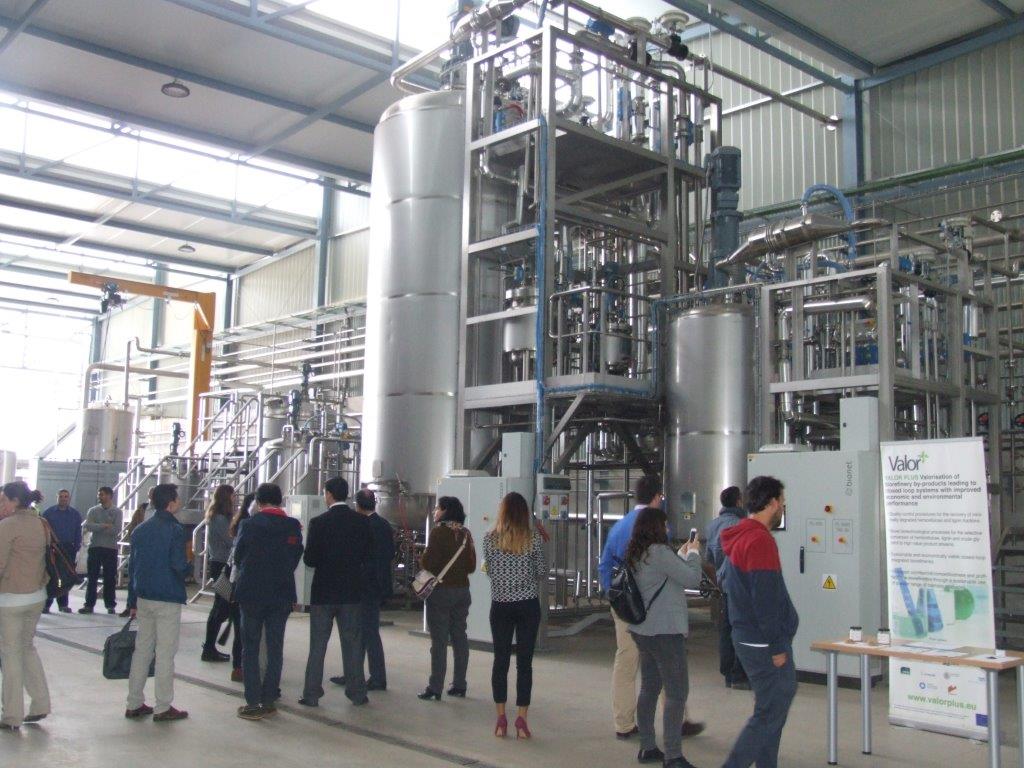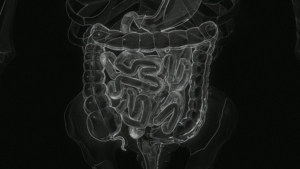
Spain pushes circular bioeconomy
Conversion of agricultural waste into useful products is a worldwide need. As part of the European Project Valor Plus, Spanish biotechindustry association ASEBIO invited its members to visit the recently opened second-generation biorefinery Clamber.
At the beginning of November, around 30 members of the Valor Plus (Valorising Biorefinery By Products) project met in Spain to discuss their final results and visited the new opened pilot biorefinery plant Clamber in Puertollano. This visit is a great opportunity to discover how processes work within the circular bioeconomy. The new concept of biorefinery, in which the project is involved, is a definitive step forward in eliminating the problems associated with the generation of waste, giving them a value in response, states Javier Velasco, delegate of the Industrial Biotechnology Commission of ASEBIO. The research initiative consists of a consortium of 14 partners, including companies like ASA Spezialenzyme GmbH (Germany) or Vogelbusch Biocommodities GmbH (Austria), research centres like CARTIF (Spain), Fraunhofer Institute for Manufacturing Technology and Advanced Materials (Germany) and universities like Brunel University (UK), Technical University Munich (Germany) or Politecnico di Milano (Italy). The consortium focused on the biotechnological valorisation of the biorefinery byproducts hemicellulose, lignin and glycerol. They designed new methods for the controlled breakdown, release and fractionation of the lignocellulosic biomass. In the hemicellulose process, for example, the researchers have engineered new enzymes and microorganisms for the controlled hydrolysis and transformation of hemicellulose. Through the fermentation processes of the monosaccharides they obtained products like butanol, single cell proteins for food and xylitol. The next challenge will now be the upscaling of the three value chains of hemicellulose, lignin and glycerol with the microorganisms we identified, states Klaus Rischka, technical manager of the project. The project was funded for four years with €10m by the European Union’s Seventh Framework Programme.
The results of Valor Plus could be scaled in the Clamber (Castilla l La Mancha Bio-economy Region) biorefiniery in Spain, which officially opened at the beginning of September. Clamber consists of two sections: a pilot biorefinery and the procurement of R&D services for SMEs. It’s a public facility, belonging to the CLM Regionals Institute for Research and Development in Agrifood and Forestry (IRIAF). The main innovation of this plant is the size of the equipment. When you do scale experiments to obtain that information necessary for the correct design on an industrial scale facility, you will need reliable information and you only will get them experimenting at scales similar to the industrial one, states Javier Mena, R&D Director of Clamber. Having an almost industrial size, it can treat 2 tons per day of lignocellulosic biomass in a steam explosion reactor and has a fermentation train reaching from 3 liters to 20,000. Two projects (Waste2Bio and Urbiofin) financed by the H2020 Programme, promoted by the European Commission, have already started in Clamber. The plant is located on a 19,000 square meter plot in the Puertollano petrochemical industrial complex in Castilla de la Mancha (CLM) and is part of the Spanish Circular Economy Strategy, in which different Spanish agents, among them ASEBIO, committed to promote the transition to a circular economy.



 Unsplash+
Unsplash+